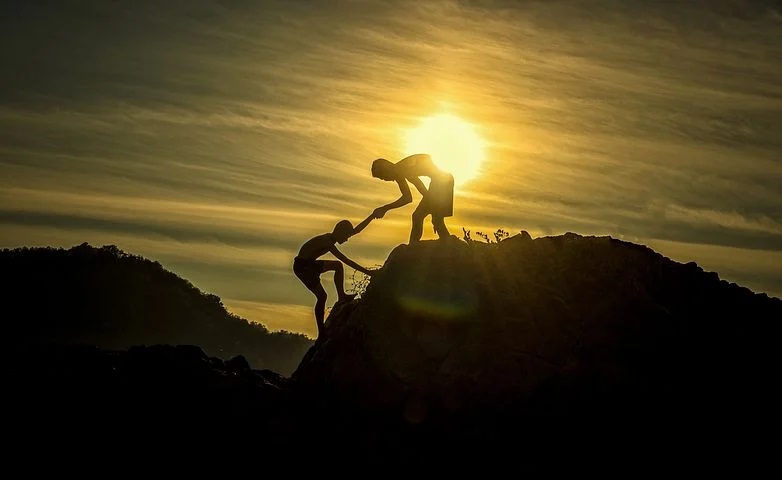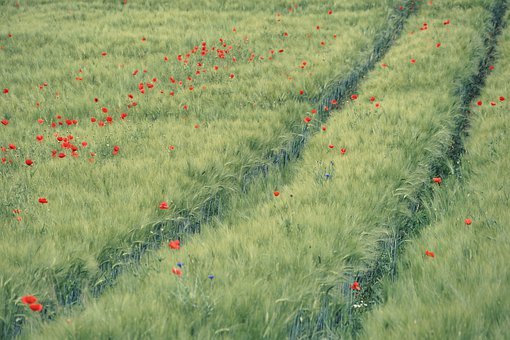Venerable Atisha stated: if one hundred thoughts arise during the day, then one needs to examine their arising, abiding, and cessation one hundred times. When doing this for each, one will not find the thoughts; this is Dharmadhātu, dharmatā, or buddha nature, referred to as enlightenment.
~Depicted from LUMINOUS WISDOM BOOK SERIES











